Constitutional Rights
Gombe Legislators Engage in Crucial Dialogue on Religious Freedom and Human Rights
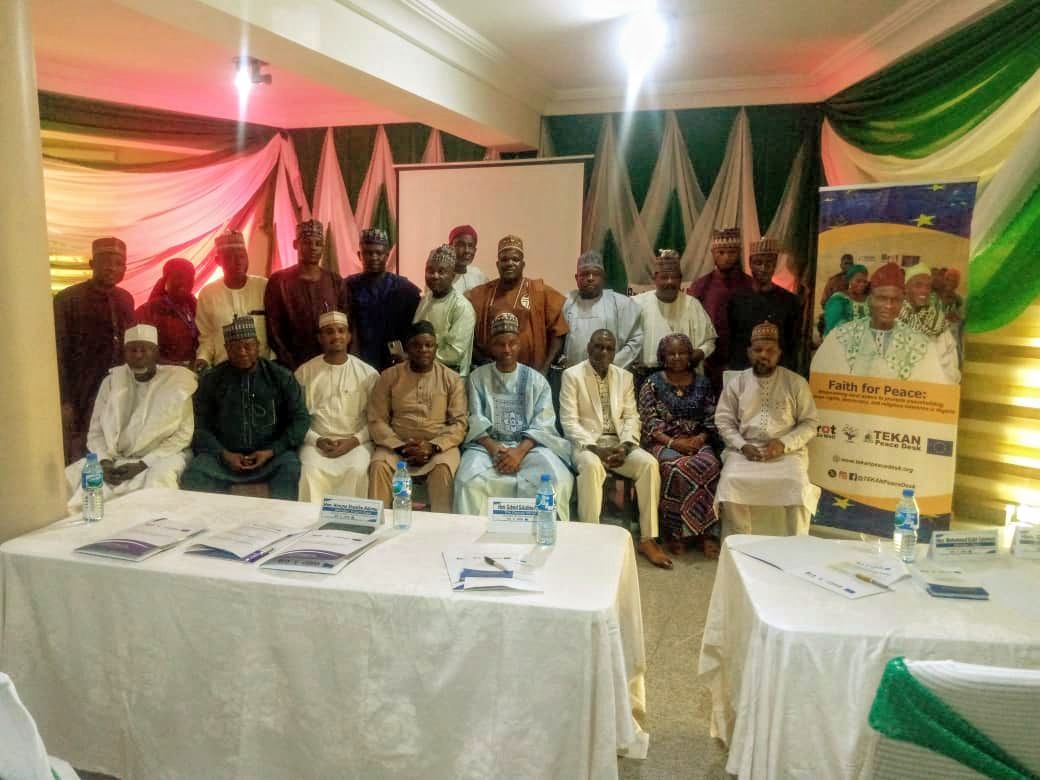
By Muhammad Jamil Abubakar
Gombe State legislators took a significant step towards fostering religious tolerance and protecting human rights by participating in a one-day advocacy meeting and technical session. This event, seen as a groundbreaking move, centered on discussions aimed at improving religious tolerance and crafting a Freedom of Religion Bill that could serve as a model for other Nigerian states.
The event was organized by the Faith for Peace Project (F4P), co-funded by the European Union and Bread for the World, in collaboration with the TEKAN Peace Desk in Gombe State and the Center for Community Action for Peace Development in Nasarawa State.
The advocacy meeting brought together legislators from various political parties, resource persons, and members of the media. Addressing the gathering, the Speaker of the Gombe State House of Assembly, Abubakar Luggerewo, emphasized the critical importance of the topic, noting that religious tolerance and human rights protection are crucial to the socio-economic development of any nation.
Speaker Luggerewo commended the TEKAN Peace Desk, the European Union, and other development partners for their efforts in organizing the program, expressing optimism about the positive outcomes of the day’s deliberations.
During the event, Istifsnus Mwansat, Special Adviser on Special Duties to the Plateau State Governor, presented a paper titled “Understanding Freedom of Religion in the Nigerian Constitution and Steps to Actualizing It.” He emphasized the need for a thorough review of the constitution, noting that religion is a deeply personal matter and should not be funded by taxpayers’ money to the detriment of others.
Another speaker, Professor Zubairu Dagona, Director at the Legislative Centre for Security Analysis at the National Assembly, discussed “International Best Practices in Promoting Religious Tolerance and Human Rights Protection in Multi-religious Contexts.” He highlighted that religious tolerance is not just a moral imperative but also a cornerstone of stable and prosperous societies.
Helen Philemon Haggai, the TEKAN Peace Desk Coordinator, delivered a welcome address in which she urged legislators to monitor and address religious excesses, stressing the importance of correcting misconceptions related to religious beliefs.
The Faith for Peace Project is an initiative that empowers local actors to promote peace-building, human rights, democracy, and religious tolerance in Nigeria. Launched in April 2023, the project is set to conclude in October 2025.
Constitutional Rights
Niger Declares Hausa as National and Official Language in New Constitution
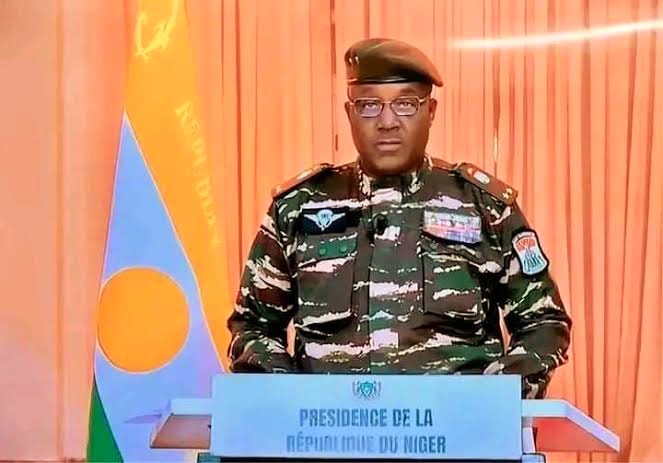
By Our Correspondent
In a historic move aimed at strengthening national identity and promoting indigenous culture, the transitional government of the Republic of Niger has adopted Hausa as both the national and official language of the country.
The decision, which was announced on Sunday, is part of the new draft constitution introduced under the leadership of President Abdulrahman Tchiani. The draft document outlines Hausa as the primary language for official communication, legislation, education, and public administration.
This marks a significant shift in language policy in the francophone West African nation, where French has long been the official language since independence from colonial rule. Hausa, widely spoken across Niger and in neighboring countries, now gains formal recognition as the unifying language of government and people.
According to government officials, the move is aimed at fostering inclusion, improving public engagement in governance, and preserving the country’s cultural heritage. “This decision reflects the reality on the ground,” a senior official in the constitutional committee stated. “Hausa is spoken by the majority of our citizens. Making it our official language is a step towards true national representation.”
The announcement has been met with mixed reactions. While many citizens and cultural advocates have praised the move, citing it as a long-overdue recognition of indigenous identity, others have raised concerns about the implications for education and diplomacy, especially with Niger’s long-standing ties to French-speaking institutions and countries.
The new constitution is expected to undergo further public review before being officially ratified.
Constitutional Rights
Bukarti: Shadow Government Concept Not Unconstitutional in Nigeria
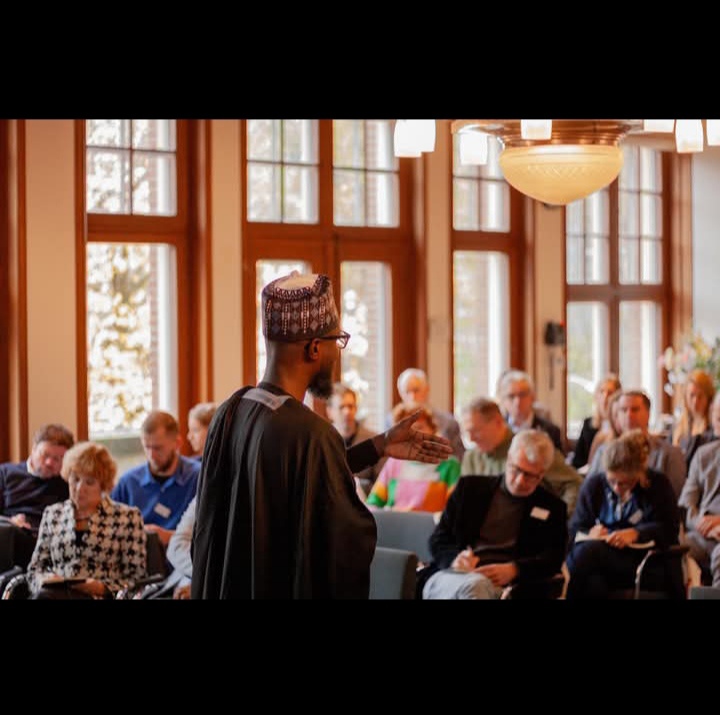
By Our Correspondent
Renowned human rights activist and governance expert Bulama Bukarti has clarified that the concept of a shadow government does not violate the Nigerian Constitution or any existing laws.
Speaking in an interview with BBC Hausa, Bukarti, a Senior Fellow at the Extremism Policy Unit of the Tony Blair Institute for Global Change, described the system as a lawful mechanism for influencing governance.
“The constitution does not need to explicitly provide for a shadow government system for citizens to implement it,” Bukarti stated. He explained that the concept allows citizens to monitor and influence government policies to address governance challenges. “In this context, it does not conflict with the law,” he added.
However, Bukarti cautioned against misusing the idea. “What the law prohibits is an individual falsely claiming to be the governor without having won an election. The only scenario where such a system would be prohibited is under a dictatorship,” he noted.
His remarks follow heightened political activity in Kano State, where the Patriotic Volunteers, a group within the opposition All Progressives Congress (APC), announced plans to form a shadow government.
The group’s National President and former Secretary to the State Government (SSG), Alhaji Usman Alhaji, stated at a press conference in Kano that the initiative aims to hold Governor Abba Kabir Yusuf’s administration accountable.
“Our plan is to establish a shadow government apparatus that will effectively monitor the activities of the current Kano State government. The people of Kano deserve to be informed about the alleged failures of Abba Yusuf’s administration,” Alhaji said.
The proposal has drawn criticism from the Kano State government. In a statement, the Kano State Commissioner for Information, Ibrahim Abdullahi Wayya, argued that forming a shadow government outside the law is unconstitutional.
“Democracy does not permit anyone to lose their sense of judgment simply because they have lost relevance within their party’s political structure,” Wayya stated. He emphasized that Nigeria’s presidential system does not accommodate shadow governments as practiced in parliamentary systems like the United Kingdom.
“Forming a government within a government is entirely illegal and unconstitutional. While opposition parties in a parliamentary system may appoint shadow ministers to scrutinize the ruling government, Nigeria operates a presidential system that neither recognizes nor supports such a structure,” Wayya said.
Award
CNG Criticizes Proposed Tax Reform Bill, Calls for Comprehensive Review and Greater Transparency
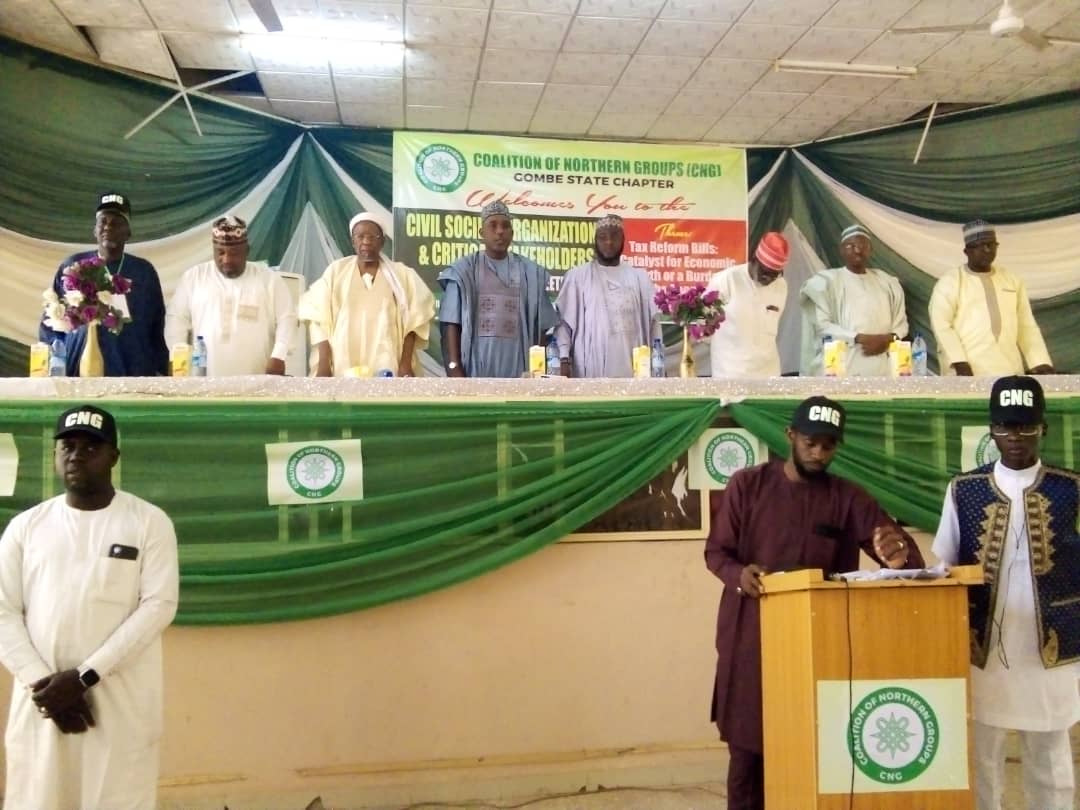
The Coalition of Northern Groups (CNG) has voiced strong opposition to the controversial tax reform bill recently presented by President Bola Ahmed Tinubu to the National Assembly. The organization raised concerns over several provisions in the bill, calling for a thorough review before it is passed into law.
At a town hall meeting held on January 6, 2025, at Gombe State University, Comrade Jamilu Charanchi, the National Coordinator of CNG, outlined the contentious aspects of the bill and urged the Federal Government to provide Nigerians with a clear report on the outcomes of the fuel subsidy removal, as well as a transparent account of how the savings have been utilized.
Speaking at the event, Professor Abubakar Sadiq from the Federal University of Kashere echoed similar concerns, criticizing the government for pushing forward with the bill despite significant opposition from across the country. He stressed that the proposed tax reforms could place undue pressure on Nigerians already facing economic challenges.
The meeting, themed “Tax Reform: A Catalyst for Economic Growth or a Burden on Nigerians,” drew significant participation from civil society organizations and regional representatives. An overwhelming 99% of attendees expressed their opposition to the bill, highlighting widespread dissatisfaction among the public.
Comrade Muhammad Usman Deba, the CNG’s Coordinator for Gombe State, further emphasized the potential negative impact of the tax reform on Northern states. Deba noted that while the bill aims to boost national revenue, it risks disproportionately benefiting Southern states, particularly those with higher economic activities, such as Lagos. This imbalance could reduce the revenue shares allocated to Northern states, exacerbating existing economic disparities and potentially leading to migration and social unrest.
Deba also criticized the lack of data-driven policymaking and transparency, urging the government to provide solid evidence supporting the proposed changes. He called for a more inclusive approach, with a transparent and equitable revenue-sharing formula that involves consultations with stakeholders from all regions.
The CNG concluded by urging the Nigerian Senate to halt deliberations on the bill and engage in more consultations to ensure the reform promotes national unity and balanced development. They emphasized the need for a fair tax system that ensures no region is marginalized in the pursuit of economic growth.
-
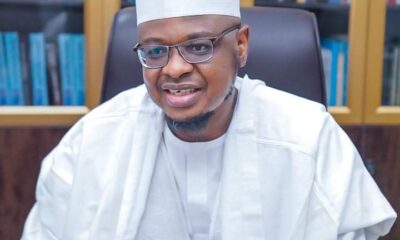
 Leadership1 year ago
Leadership1 year agoBreaking: African Union Appoints Pantami as Co-Chair of the 4th Industrial Revolution Policy Council
-

 Politics2 years ago
Politics2 years agoFormer Gombe State APC Promoters Forum Chairman Attacked Following Political Commentary
-
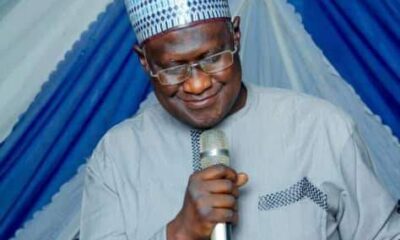
 Appointment1 year ago
Appointment1 year agoGombe State Indigene, Appointed New Vice Chancellor (ATBU)
-
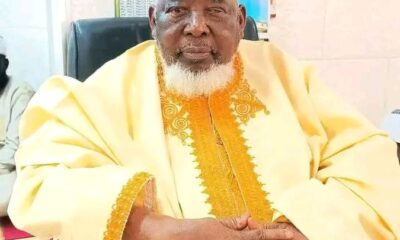
 Death11 months ago
Death11 months agoProminent Nigerian Islamic Scholar, Sheikh Sa’idu Hassan Jingir, Passes Away
-
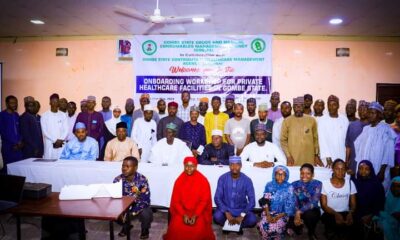
 Health2 years ago
Health2 years agoGombe State Organizes Onboarding Workshop for Private Healthcare Facilities
-
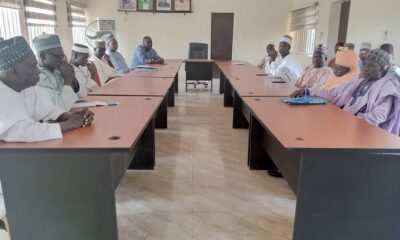
 Water2 years ago
Water2 years agoGombe Government Mobilizes Stakeholders to Combat Illegal Water Connections
-
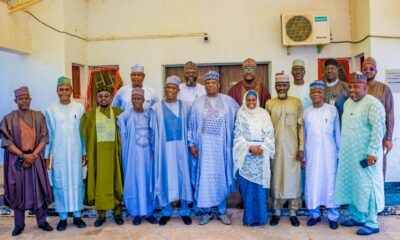
 Politics1 year ago
Politics1 year agoGombe State Inaugurates Human Capital Development Council
-
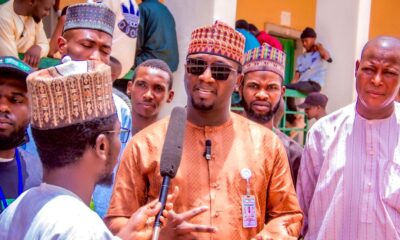
 Politics2 years ago
Politics2 years agoGombe State Launches Presidential Palliative Program (PPP) to Aid Small Businesses
